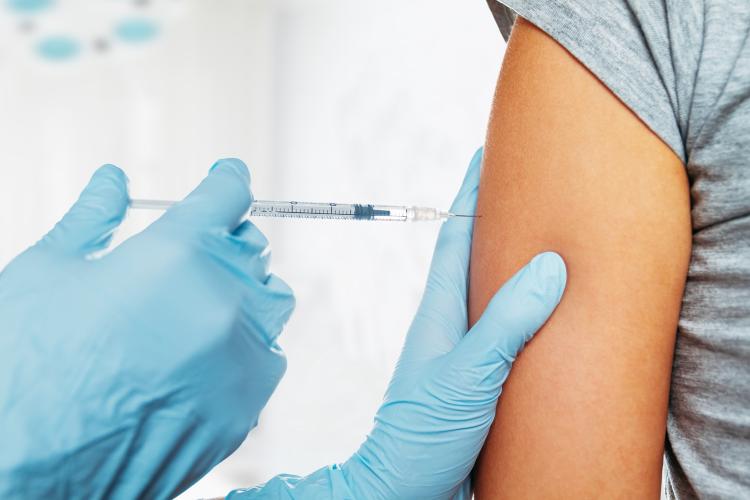AMA Queensland urges everyone to be vaccinated

Exactly one year on from the first cases of COVID-19 being detected in Australia, AMA Queensland is encouraging all Queenslanders to be vaccinated.
Australia confirmed its first cases of COVID-19, one in Victoria and three in New South Wales, on January 25, 2020, while Queensland’s first case was detected on January 28.
AMA Queensland President Professor Chris Perry OAM, said since then Australia had kept its rate of infection and death from COVID-19 reasonably low and the best way to continue doing that was through vaccination.
With school resuming this week Professor Perry said the one-year anniversary was a timely reminder that even once Queenslanders start receiving the vaccine, it was important to continue using good hygiene practices.
“Parents should talk to their children before they start school this week about how important it is to keep washing or sanitising their hands,” he said.
“They should keep their children home from school if they are unwell and be tested if they have symptoms.”
Professor Perry said schools would undergo increased cleaning of classrooms and high-frequency touch points and adults on school grounds will need to continue to socially distance.
“All of these little things, coupled with the roll out of the vaccine are what will help keep our children and community safe from COVID,” he said.
“The vaccines will start rolling out in Australia in the coming weeks and we are encouraging all Queenslanders to be vaccinated.
“Vaccines have already been safely administered to millions of people in the United States and the United Kingdom and our first recipients should begin receiving them in February.
“Quarantine and border workers as well as frontline health care workers, aged and disability workers and residents will be the first to receive the vaccine.”
Professor Perry said the rollout would be fairly quick once the vaccine arrived.
“GPs will play a key role in COVID-19 vaccinations in Australia and I encourage anyone with questions to discuss it with their doctor,” he said.
“GPs have strong expertise in delivering consistent, safe and efficient public vaccinations and can build community confidence, understanding and participation in the vaccination program as well as monitoring for reactions and administer the timed, multi-dose regimes.
“It is essential that Australians have access to timely and credible information about COVID vaccines and AMA Queensland believes that GPs should be at the forefront of helping provide this education.”
Professor Perry said the COVID pandemic had highlighted a weakness in our manufacturing of personal protective equipment (PPE) such as masks and pharmaceuticals, and that was something he would like to see improved once COVID was brought under control.
“COVID has highlighted how important it is to have fast and safe access to medications and PPE,” Professor Perry said.
“Australia has become very reliant on fast access to these things from overseas countries but COVID disrupted that.
“There continues to be a shortage of some medications as a result of the chaos COVID has caused to global healthcare supply chains.
“We need to look at what sort of strategies can be implemented to better monitor potential shortages emerging so we can act quickly to make sure we have enough on hand.”